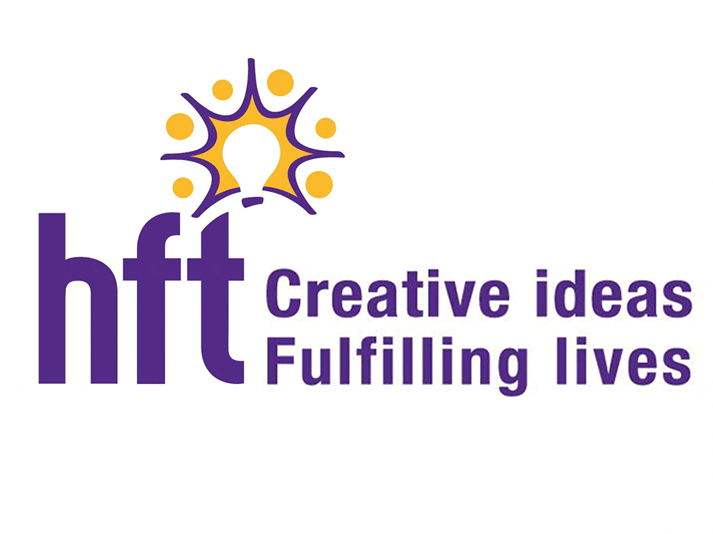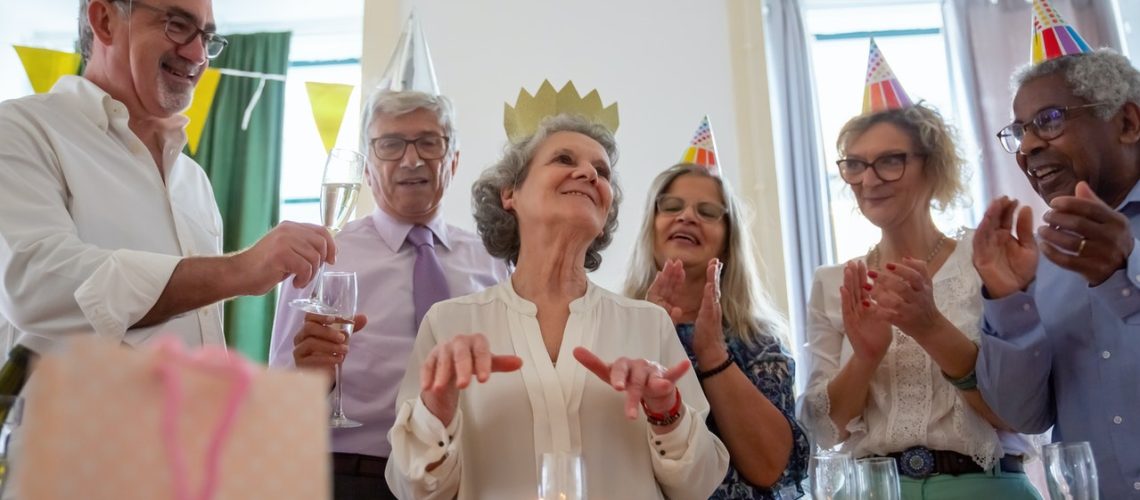Using machine learning and thermal sensing for preventive care
A NEW PARADIGM OF INTEGRATED CARE IN THE 21ST CENTURY
We are living in an era where the ageing of the global population is poised to become one of the most significant social transformations of the 21st century. The implications relate to nearly all sectors of society, including labour and financial markets, the demand for goods and services, such as housing, transportation and social protection, as well as family structures and intergenerational ties.
Tendertec is advocating for a shift to integrated health and social care services that are accessible by more people and address the challenges and lifestyles of people receiving care in the 21st century.
At Tendertec, we are developing AI-powered technology that is unlocking new models of care provision – fully data-driven, timely, cost-effective, integrated, personalised and preventive.
Our flagship platform, Hestia, is a privacy-first connected-care platform supporting meaningful connections between users and their circles of care, without the use of wearables. Hestia uses machine learning and thermal sensing to monitor remotely a growing list of incidents, daily living activities and behaviours and to enable carers to move from limited reactions to prevention.
By installing our Hestia platform and sensors into care settings, carers can remotely monitor regular patterns and capture and review up to three times more incidents than carers report, even when costly live-in care is provided. The Hestia app enables circles of care to connect with users, review missed incidents and early symptoms of deterioration behind closed doors, and coordinate in a few clicks, any time and anywhere.
The core purpose of our products and services is to enable preventive measures that support ongoing health and independence. We spoke with two of the organisations we work with to expand on specific situations where prevention became possible with the use of our technologies.

Hft
Hft is one of the UK’s largest charities supporting people with learning disabilities. The services it provides range from residential care and day opportunities to supported living and domiciliary care at home. The charity’s support means people with learning disabilities can experience their best life possible.
Tendertec worked with Hft’s Personalised Technology team and an individual supported by Hft who lived in a one-bedroom apartment, and shared a support worker during the day with three other residents in the building. The service user has early onset dementia and cerebral palsy which affects her mobility. Due to a decline in mobility, she spends most of her time mobilising using her manual wheelchair. Her support worker helps with tasks such as aiding with personal care, getting into bed and putting coats on while sitting in her wheelchair.
Two Hestia sensors were installed in her apartment to monitor her daily living activities and night activity. Within 20 days from installation, Hestia was able to detect symptoms of a suspected absence seizure – a condition that is difficult to detect if not present at the right moment. Hestia shared daily living activity data and sleeping patterns to support the investigation of this incident.
Personalised Technology Co-ordinator, Lisa Hunt, explained how the individual was prone to falls and had mobility aids, but the team knew that she didn’t always like to use them.
What her support worker was then able to know was just how much un-aided movement she was doing when no-one else was around. It turned out to be much more than we had anticipated, and it was incredibly eye-opening to understand this.
“She was very happy to try a sensor, and with help from Tendertec everything was explained very clearly to her during the installation. What her support worker was then able to know was just how much un-aided movement she was doing when no-one else was around. It turned out to be much more than we had anticipated, and it was incredibly eye-opening to understand this. This allowed us to make support changes based on better, evidenced information. This is exactly why we embrace remote monitoring. It gives us the ability to understand people’s routines more clearly in a non-invasive way. This allows us to ask the right questions, and ultimately it gives people more choice and control.”
Another positive aspect for Hft is the design and the simplicity of installation. “Tendertec sensors are discreet, and they look smart. This is so important when you are putting technology into people’s spaces – so many products can look very clinical or have great big alarm buttons on them. Tendertec sensors also do the job of multiple pieces of equipment. We might use fall detectors, bed occupancy monitors, door sensors and movement sensors, Tendertec sensors can do the job of all of these, with the extra ability of monitoring slide falls as well as impact falls.”

Community Housing
With over 25,000 customers across the UK, Community Housing have become one of the leading telecare and assistive technology providers in the UK, delivering services to over 100 organisations including housing, health care and local authorities.
At Community Housing, Tendertec supports at young individual with complex care needs living in a one-bedroom apartment. The individual shares multiple support workers with other residents in their building. Support workers had been tasked with taking regular measurements of his body temperature daily.
Two Hestia sensors have been installed in his apartment to monitor his body temperature trends and daily living activities. Alerts are raised when his body temperature trends are outside his personal “normal” range or when unusual behaviours such as seizures are detected.
Technology Enabled Care Coordinator David Fuente explained how one service user had a particular health condition that needed a solution: “We were supporting a young man who had epilepsy that was triggered by temperature, and it needed to be monitored closely. Previously his parents had been taking his temperature every two hours. This didn’t seem to be the right long-term approach for carers to take when he moved into supported independent living – we wanted something less intrusive.”
We saw quick evidence of seizures happening at certain times of the day and this gave us the ability to work together to mitigate this. We were able to submit six months of data and evidence to adapt the Continuing Health Care package.
“We approached Tendertec, and they responded incredibly swiftly. As well as raising temperature alerts, the sensors recognised seizures and we were able to view reconstructions. We saw quick evidence of seizures happening at certain times of the day and this gave us the ability to work together to mitigate this. We were able to submit six months of data and evidence to adapt the Continuing Health Care package. And because this person was tech-savvy, as well as carers remotely monitoring his data using a tablet, he has access to the app to watch his own data. This has helped him to understand how, for example, his temperature levels during the night can impact how he feels the next day. In this way, he’s taking steps to better understand and manage his own behaviours and health.”
In addition to body temperature alerts, Hestia has reported and shared several incident alerts in the first 6 months since installation; five falls, nice near falls, three seizures and twenty-three incidents during which the service user was unable to walk without aid. For each of these incidents, Hestia has generated previously unavailable observational insights to support investigation into each incident. Signs of fever or hypothermia preceding or following each incident, care response and recovery times and sleeping patterns have been shared with the service user’s circle of care to support referrals and ensure similar incidents are either prevented or managed in the most fitting way in the future.
Hestia offers carers a unique knowledge base and takes the guesswork out of risk assessments by combining machine learning and thermal sensing data which protect user privacy. How is this possible? Hestia’s thermal sensors scan rooms for heat. The heat data take the form of temperature measurements organised in a matrix. Using Tendertec’s machine learning algorithms, the heat data are translated into care insights that support prevention. Upon request, when an incident such as a fall or a seizure takes place, the heat data can be visualised so carers can understand how and why incidents happen.

David Fuente, Technology Enabled Care Coordinator, explained how Hestia’s unique features are transforming Community Housing and the care industry: “Of course, a common concern about installing any type of camera is that people worry it will be like a CCTV system. By making demonstrations available at showcase sites, we reassure people that this is not CCTV and privacy is maintained with the thermal sensing data collected. And, as we integrate these technologies into our response centres, we will have the ability to respond to falls or other incidents and provide relevant data to GPs as part of the ongoing healthcare response. In this way, technology-enabled care is changing the way care is being implemented within the community and technology packages allow individuals to remain independent for longer.”
And, as we integrate these technologies into our response centres, we will have the ability to respond to falls or other incidents and provide relevant data to GPs as part of the ongoing healthcare response.
Read something you like? If you’d like to know more about Hestia,
Click here to book a demo today
About Tendertec
Tendertec is the startup bringing connected care to the world. The award-winning team is developing solutions delivering better care, anytime & anywhere, through powerful A.I. Tendertec partners with leading research institutions, tech-enabled care providers and cutting-edge technology partners to research, design and bring to market the next generation of digital health and connected care technologies that will give one billion people a better ageing journey in the 21st century.
About Hft
Hft is a national charity and support provider that creatively supports more than 2,200 adults with learning disabilities across England and Wales to live the best life possible. Hft has its own personalised technology team, who have a wealth of experience in the use and implementation of technology for people with learning disabilities. The team offers a range of services including person centred assessments, training, advice and consultancy in the use of technology as well as having extensive experience in trialling new solutions.
For more information about Hft, please visit www.hft.org.uk
For more Information about Hft’s personalised technology service, visit www.hft.org.uk/ptservices
About Community Housing TECS
Community Housing is a social housing landlord situated in Wyre Forest, Worcestershire. Their Technology Enabled Care services has been in operation for over 30 years and is considered to be an exemplar service in the TECS sector. They source and bring to market, innovative technologies to help make people’s lives easier. They have a 24-hour life-saving monitoring and response centre based in Kidderminster and have over 26,000 service users nationwide.
For more information and user stories visit www.communityhousingtecs.co.uk

